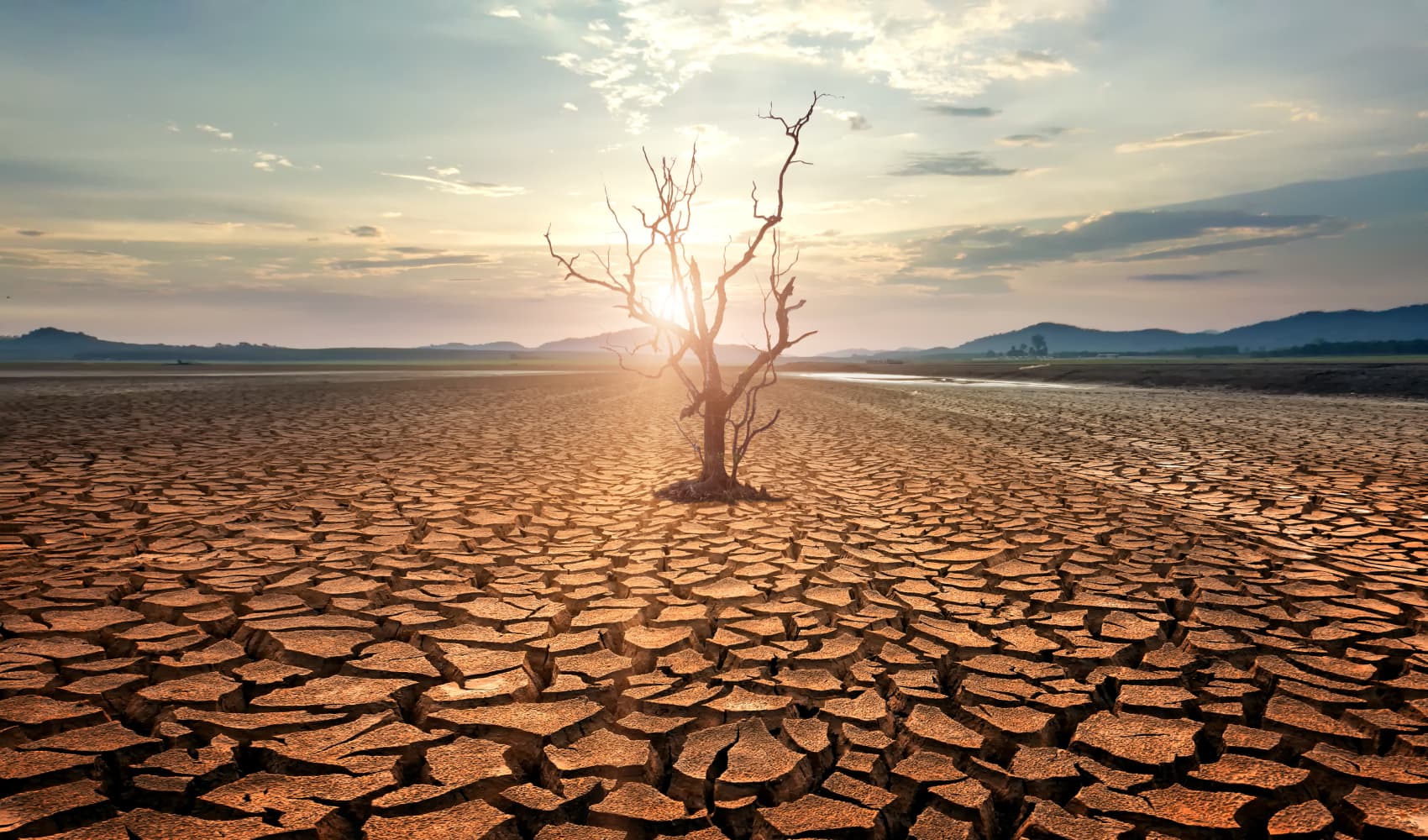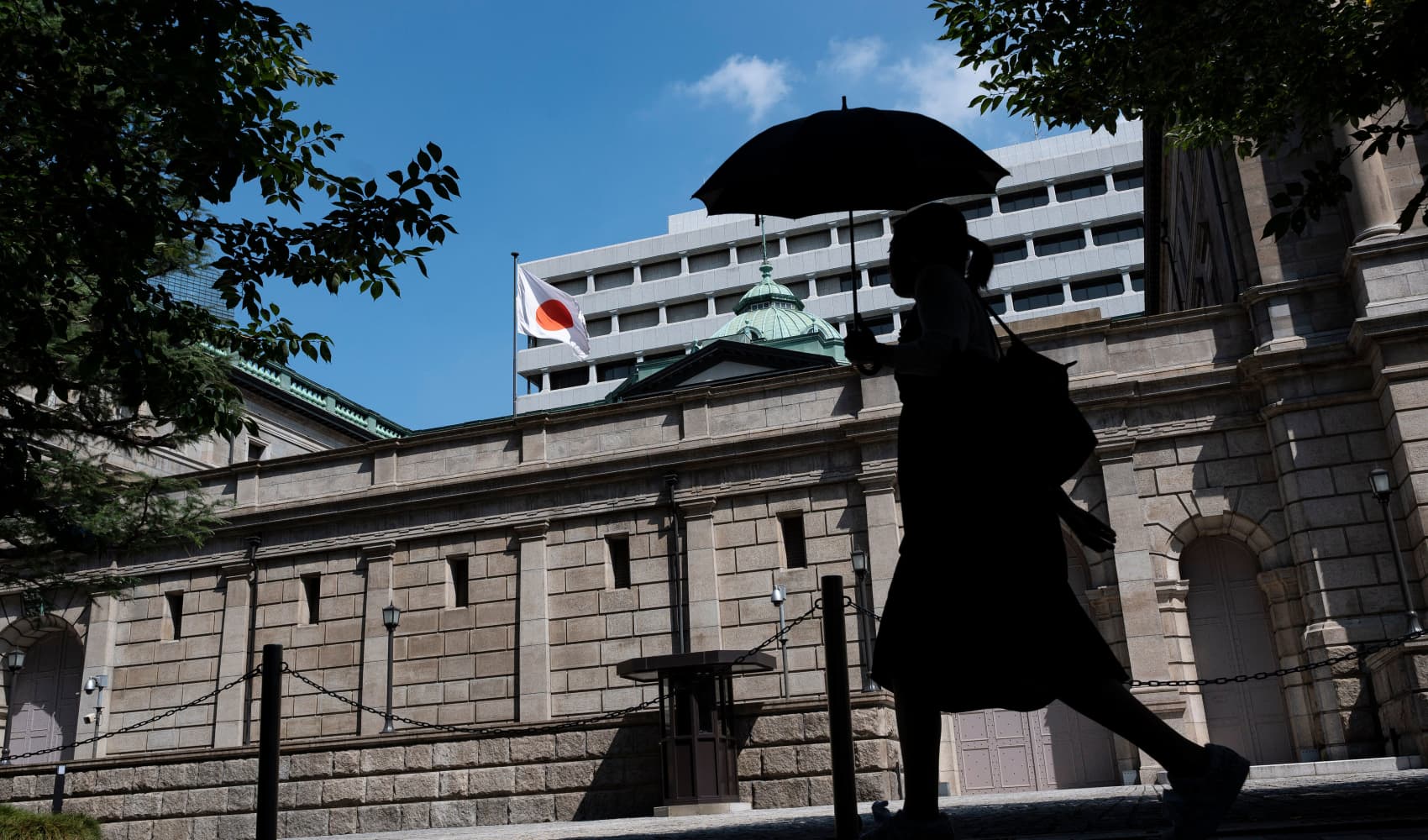
Mobile peer-to-peer payment apps such as Cash App, Venmo, PayPal and Zelle are so ubiquitous that some have become verbs. After going out to dinner with friends, you "Venmo" the money to whoever paid the bill instead of bothering with cash; you split the utilities or Netflix bill with roommates, etc.
The appeal is obvious.
Peer-to-peer payment, also known as P2P, lets you pay without knowing account details; simply search under someone's name or phone number. The transfer is quick and generally free. Usage varies by age, but the majority of Americans are now using mobile payment apps. According to a study by Nerdwallet, 94% of millennials use mobile payment apps compared to 87% of Gen Zers, 88% of Gen Xers, and 65% of baby boomers.
There are pros and cons — and some factors that often get missed — when using peer-to-peer payment apps instead of the traditional banking and credit infrastructure. Here's a rundown of what you need to know about the popular fintech alternative.
Don't send to those you don't know
As more Americans use P2P to make online purchases, they are going beyond using it as only a convenient way to pay back friends and family. In fact, increasingly, Americans are using these apps primarily as a way to make online purchases.
Nerdwallet found that — among those who already use mobile payment apps — 53% are using them primarily to pay for online purchases through retailers. Paying back friends or family members was the second most common reason at 43%, followed by paying bills at 40%.
Money Report
Using these P2P systems to pay vendors is convenient, but Ted Rossman, senior industry analyst at Bankrate and Creditcards.com, recommends some caution. It is still safest to use P2P payment systems with friends and family because they don't offer the same protections as credit cards.
Say you buy concert tickets from someone through a P2P app and the tickets never arrive. If you've sent money and then goods or services you've received aren't as promised or don't arrive at all, you may be out of luck.
In the worst-case scenario, "once it's sent, it's gone," Rossman said.
This doesn't mean that a payment made through a P2P network can't or won't be refunded, but it may prove more difficult, and in the least, it is more important to know the person or vendor with whom you are doing business. In most cases, it's very different from a credit card which has more fraud protection in place and, as a line of credit extended by a card company, is easier to refund quickly than money from a personal account already instantaneously transferred to someone else.
So the first rule of thumb with these peer-to-peer services: "Don't send it to people that you don't know and trust. Because it's really hard to get that money back," Rossman said.
Check fraud protection and refund policies
There are varying degrees of consumer protections from the P2P companies, and based on his analysis of the options, Rossman says PayPal has better buyer protections than Cash App or Zelle, even though the latter was created by a consortium of major banks to compete with the P2P challengers.
There's a tradeoff being made in the use of P2P apps. A consumer is benefitting from the instantaneous nature of the transaction, but assuming the risk that it can't be reversed. This is a reason why Zelle recommends only using it with trusted partners.
Beyond paying friends and family, there are many trusted vendors in life which P2P apps may be a fine option to use with, such as an electrician or babysitter. "But using it with a merchant you don't know from experience and just hoping the merchandise shows up, is a bad idea," Rossman said.
Venmo offers the opportunity to check a "goods and services" button when paying that requires the seller to pay a small transaction fee. This can become more important if making a purchase with a vendor you don't know and haven't used before, and it is not coming from a credit card account tied to your P2P app.
If you do need to initiate a refund request, there are a few important things to know. For one, if you have an underlying account tied to your P2P app, either a credit card or checking account from a bank, there are additional layers of customer service for you to contact. You can request a refund through a P2P network, but it may require much more legwork and persistence compared to a credit card company, which often reverses charges almost immediately and will fight on your behalf directly with a vendor. "It's harder to get actual money back than get a line of credit restored," Rossman said.
Be wary of sending large amounts
The lack of fraud protection should also make people wary about sending large amounts of money.
If you're sending to a friend for the first time and your friend has the same name as 85 other people, check if you've got the right person. Some apps, like Venmo, will ask you for the last four digits of someone's phone number if you're sending it to someone for the first time. You can still send without that information, but it gives you a better layer of protection.
Similarly, be wary of people you don't know asking for money via P2P payment systems. Payment apps have also made it easy for scammers to prey on the unsuspecting, and there's been an uptick in scams via text, calls or email. "There are a lot of bad actors and unsolicited phishing taking place on P2P payment systems, and there are not a lot of buyer protections," Rossman cautioned.
Check fees and features for additional P2P services
Increasingly, people are using mobile payment apps as de facto bank accounts. In their study, Nerdwallet found that two-thirds of mobile payment app users maintain a balance in their mobile payment app accounts, at an average of $287.
Most transactions, such as payments to friends and family, are free, but there are some fees for added services. When transferring a balance to a bank account, there's a choice to transfer within one to three business days or instantly. Instant transfer comes with a 1% fee on PayPal, while Venmo charges a 1.5% fee (with a minimum fee of 25 cents and maximum of $15). Cash App charges 0.5% to 1.75% for instant deposits.
Similarly, payments involving cash — either from a balance in your account or cash from your bank account — are free, but payments using a credit card come with a transaction fee.
On top of that, many apps are offering more traditional banking-like services. Some, like PayPal and Venmo, offer credit cards. The PayPal cashback Mastercard offers 2% cash back on all purchases, while the Venmo card gives 3% cash back on your top spending category and 2% on your second category.
You can now get your paycheck deposited into a mobile payment app. Through Cash App and PayPal, it's possible to buy and hold cryptocurrency. Cash App now even allows people to file taxes through Credit Karma Tax.
PayPal also offers a line of credit which comes with a very high interest rate approaching 30%.
Another service that has become more popular is the "buy now, pay later" installment plan, which gives people the opportunity to pay for their goods using multiple payments over weeks or months with no interest. Many banks have long offered layaway plans but the concept is booming anew as upstart fintechs have rebranded and made layaway more user, and mobile, friendly. If you have recently seen alerts from a card provider that a purchase is eligible for a form of "easy" pay, it's likely in response to how popular the rebranded BNPL has become. But there can be penalties and interest for late payments just as there would be with credit cards if the buyer does not stay up to date with payment schedules.
Big peer-to-peer companies are still not banks
Though banking services are getting more robust, there are important differences. Mobile payment apps, unlike banks or credit unions, are not FDIC insured. If anything ever happened to the company, your money would be gone.
But Douglas Boneparth, president and founder of Bone Fide Wealth, which caters to a younger financial advisory clientele, says he is less concerned and so long as someone isn't carrying thousands of dollars in their mobile banking app, the convenience factor is a big draw.
"When was the last time FDIC insurance was needed? . . . I certainly have not heard about that for quite some time," he said.
Venmo and PayPal are both part of the PayPal parent company, while Block, formerly Square, owns the Cash App, and these are now major companies, so the protection of FDIC insurance is not necessarily so critical to the average person who isn't holding large amounts of cash in the first place.
"You're seeing the evolution, you know, a lot of them are getting extraordinarily savvy. . . they're catering to, innovating and adopting things that are quite appealing to younger demographics. This is the future of the of commerce," Boneparth said.
Rossman says it is true that none of these big P2P companies are going out of business any time soon, but consumers should in the least know there is a risk without the FDIC insurance, even if it is small. The larger point is: "They're not perfect replacements for a bank. I tend to think of it as more of a supplement as opposed to a full-fledged bank account," he said.
With 5% of Americans unbanked, and three times as many as that underbanked, there are still reasons to consider joining the banking system rather than totally avoiding it.
A person with no banking history may find it harder to secure the loan relationships needed in life, such as car loans and mortgages. "Lots of people are unbanked by choice. Maybe they don't trust the banks or are in a banking desert," Rossman said. "But if you are putting all your eggs in that one basket it can hold you back long-term. Ultimately, I still say you should seek to join the banking system. Ultimately, it is nice to have a bank account where you can write a check or go to an ATM or pay bills."
Just as consumers are now experimenting with the number of streaming services they need to recreate the value of a cable television account without ending up with a similarly sized bill, financial services can become overly complex and costly as options proliferate.
"There are some conveniences with the banking system and relationships. There are workarounds, but sometimes you end up recreating the wheel," Rossman said.
SIGN UP: Money 101 is an 8-week learning course to financial freedom, delivered weekly to your inbox. For the Spanish version Dinero 101, click here.
CHECK OUT: I generate thousands of dollars a month in passive income teaching online classes: Here’s how to get started with Acorns+CNBC
Disclosure: NBCUniversal and Comcast Ventures are investors in Acorns.






